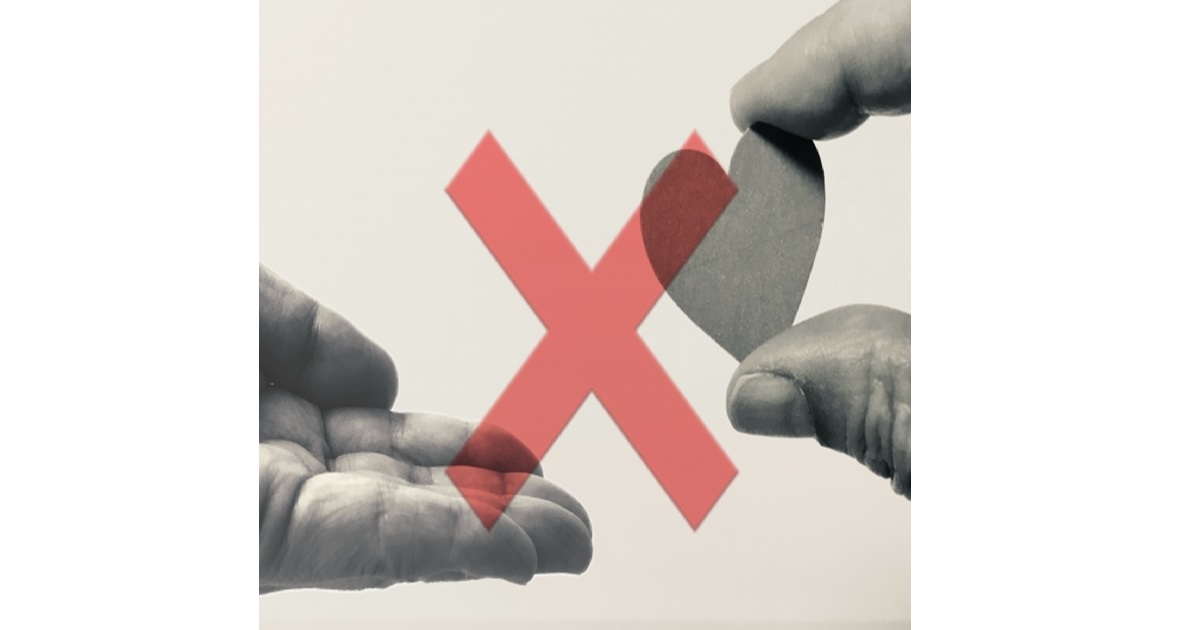You’ve just had the most incredible meal of your life in a small, hidden restaurant in Tokyo.
The chef was a master, the service was impeccable.
You feel a deep sense of gratitude.
So, you do what you’ve always done back home.
You pull out some extra cash, ready to leave a generous tip to show your appreciation.
As you try to hand it to the staff, they look at you with wide, panicked eyes.
They wave their hands frantically, saying “No, no, no!”
They might even chase you down the street to return the money you left on the table.
What just happened?
You were trying to be nice, but you’ve just made things incredibly awkward.
My friend, you’ve just made the most common, and most embarrassing, mistake a tourist can make in Japan.
Putting Your Wallet Away: The Surprising Truth About Tipping in Japan
The Simple Answer: Just Don’t Do It
Let me be as direct as possible: You do not need to tip in Japan.
Period.
Not in restaurants.
Not in taxis.
Not in hotels.
Not for your hairdresser.
It’s not part of the culture.
It’s not expected.
And in many cases, it’s not welcome.
Why Can Tipping Be Considered Rude?
I know this is hard to understand, especially for my friends from North America where tipping is a huge part of the service culture.
From a Japanese perspective, excellent service is not something “extra” that deserves a bonus payment.
It is the expected standard.
It is included in the price.
The staff, from the chef to the waiter, take immense pride in their work.
The price on the menu is the price for the entire experience, including their professional, high-quality service.
When you try to leave a tip, it can imply a few awkward things:
1. It can imply they are not paid enough by their employer. You might be seen as pitying them, which can be insulting.
2. It can imply their service is not usually this good. It’s as if you’re saying, “Wow, you actually did a good job!” which can be offensive to someone who always does a good job.
Essentially, you are trying to apply a foreign set of rules to a system that works perfectly well without it.
It just creates confusion and awkwardness.
So, How Do You Show Appreciation?
So if you can’t use money, how do you express that overwhelming feeling of gratitude for an amazing experience?
You use something far more valuable: words and respect.
A simple, heartfelt “Gochisousama deshita” (Thank you for the meal, it was a feast) to the chef as you leave is worth more than any tip.
A “Hontou ni oishikatta desu” (That was truly delicious) will make their day.
In Japan, sincere verbal appreciation is the highest form of “tip” you can give.
If you want to experience the kind of amazing Japanese hospitality that will make you want to tip, I highly recommend trying a food tour or a cooking class.
You’ll get to interact with locals who are passionate about their craft.
My Final Word: The Best Tip is Your Smile
When you’re in Japan, leave the extra cash in your pocket.
The best way to show your gratitude is with a sincere smile and a few simple words of praise.
It costs you nothing, but to the person who provided you with wonderful service, it means everything.
It’s a form of communication that is understood and appreciated much more than money.
You Might Also Like
The no-tipping rule is a key part of Japanese etiquette.
Another crucial part is how to bow correctly.
It’s another non-verbal way to show respect that every traveler should know.




